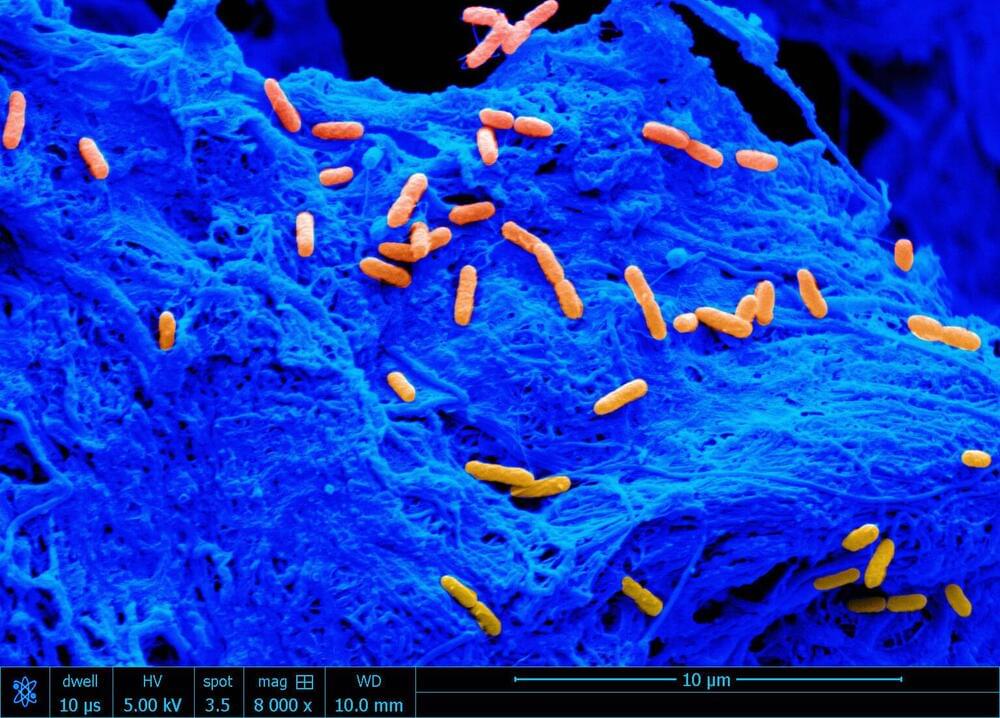The bones of the face and skull can be affected due to a wide range of conditions, including cleft palate defects, traumatic injuries, cancer, and bone loss from dentures. Although bone replacements are routinely used to regenerate the missing tissue, they are vulnerable to bacterial infection. In a new study, researchers investigated whether manuka honey, made from tea trees, can be used to resist bacterial infection and promote bone growth.
Bone implants account for 45% of all hospital-contracted infections, impeding healing. Typically, these implants are made from biomaterials that contain extracellular matrix components—molecules that provide structural support to cells. However, researchers commonly use metal implants or synthetic polymers to study bone defects and infections. Therefore, there is a gap in the understanding of how biomaterials behave in response to infection.
“Imagine a metal versus something soft and porous that is made up of extracellular matrix components. They have very different characteristics,” said Marley Dewey, a former graduate student in the Harley lab and the first author of the paper. “Using our scaffolds, this is the first paper to look at how these materials become infected.”
